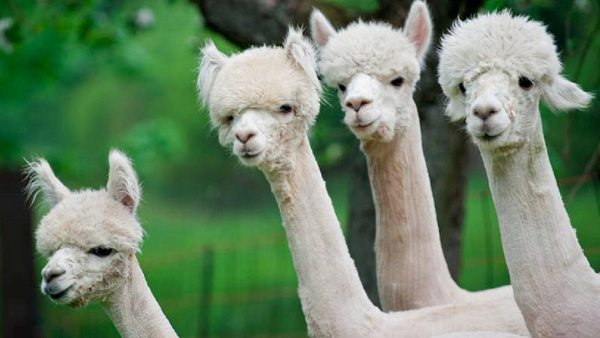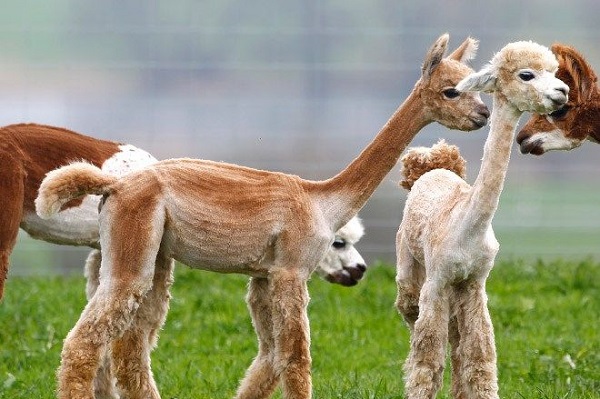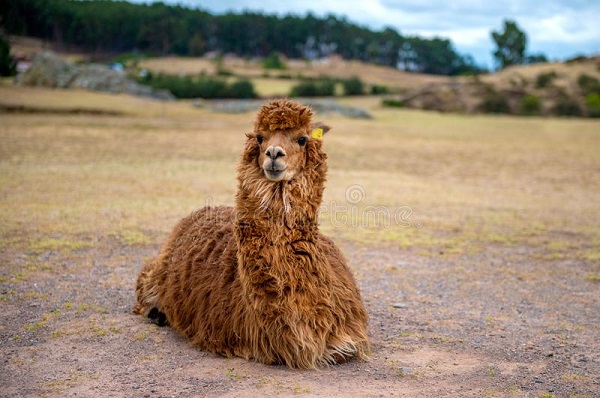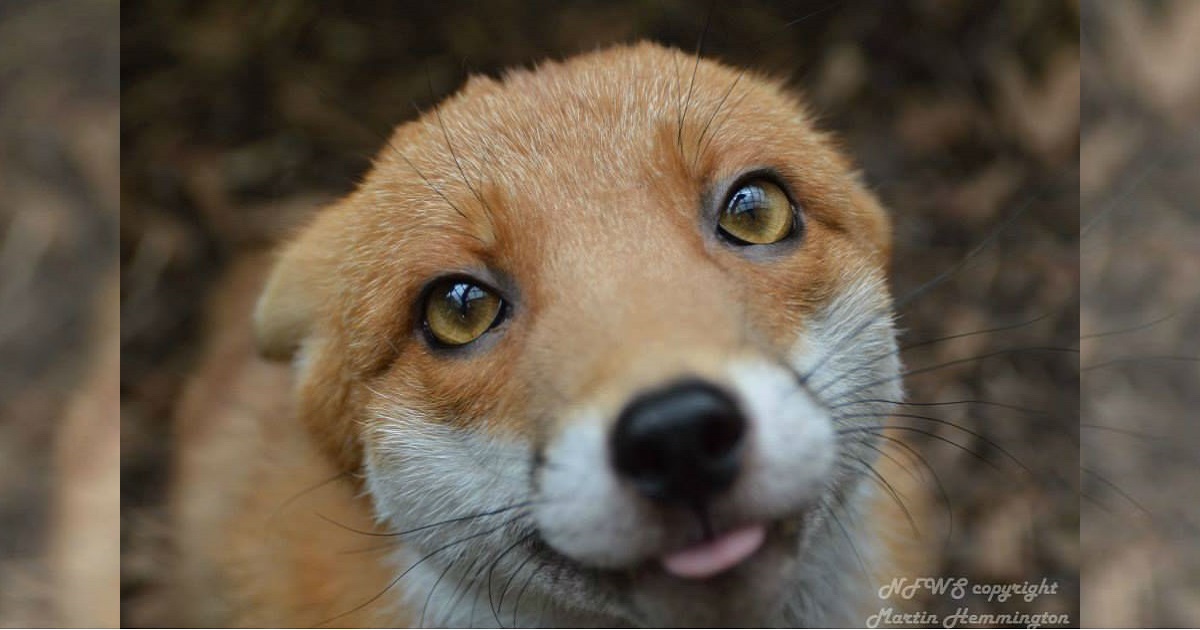
The alpaca is a domesticated South American camelid used as a livestock animal. Alpacas are animals that could make a great addition to any farm or ranch, but these cute creatures come with a serious downside: their wool. To get around this problem, many farmers and ranchers opt to shave the alpaca or drastically reduce the animal’s wool in order to keep it manageable. The advantages of keeping your alpaca’s wool trimmed include cooler temperatures during the summer, less time spent shearing (time is money!), and of course, a much more attractive appearance!
Why do farmers shave their alpacas?
Because alpacas have thick, wooly coats of fur, some farmers and ranchers opt to shave these animals rather than shear them. Hair on the body typically creates warmth while exposing bits of skin bald animals are much better at cooling themselves passively through evaporation like other herbivores (smarter than you might think!). And without the burden of insulation from an animal’s hair, they’re more mobile! Not only is it easier for those working with herds since they don’t need to shear their alpacas, but it’s also slightly less expensive and of course, much more attractive.

If you’re considering purchasing an alpaca, there’s a lot of things to consider first. Alpacas are not pets; they require the company of other alpacas to be comfortable. And have a lot of energy so they should never be kept alone. They’re herd animals, just like goats and cattle! You’ll need at least two alpacas in order for them to get along smoothly with one another. These creatures are also more likely than other livestock to spit when they feel threatened. So be careful when you first begin working with them.
10 Interesting facts about Alpacas/Shaved Alpacas
1. Alpacas are related to Llamas and Camels.
2. An alpaca’s lifespan is typically 15 to 20 years of age. Although some have been known to live as long as 30 years!
3. Did you know that alpacas can eat as much as 6% of their body weight in just one day? That’s equivalent to a 150-pound person eating nearly 9 pounds!
4. Alpacas are very gentle animals that love attention and enjoy being petted, groomed, and fed treats.
5. Unlike sheep or goats, alpacas will not eat poisonous plants, such as poison ivy or oak.
6. Alpacas are excellent shearing because they have no guard hairs (the coarse coat that sheds most frequently), so there is virtually no hair wasted.
7. Alpacas are highly intelligent and easily trainable. They can learn to come when called. Walk-in a single file line with the others of their flock. And follow simple commands like “stand.”
8. Alpacas come in 22 natural colors and many more blended shades!
9. Alpacas have no top incisors, which means that they cannot bite!
10. Alpacas do not require vaccinations to keep them healthy; however, it is important for owners to worm their animals every four months. And get regular veterinary checkups as with all livestock.
Farmers shave their alpacas for a variety of reasons. Certainly, one reason is to manage the animal’s wool and make it easier to shear. The other reason may surprise you: shaved alpacas are much more attractive than unshaved ones! Shaving also helps keep the temperature cooler during hot summer months. And when we say “much more attractive appearance” what exactly do we mean? Well, think about how people groom themselves before going out into public. Most of us have a close haircut, our facial hair is trimmed to look neat and professional, and we take steps to remove unsightly fur from all over our bodies (we hope).
Alpacas are the same way, as they do not handle their thick coats very well in warm weather. They might be more comfortable with a close haircut of their own. And if your alpaca looks more like the one in this picture below, then it’s time for a shave!







